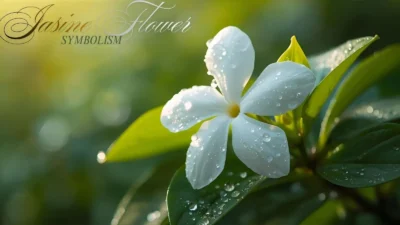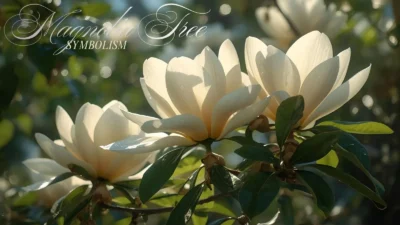Hey there, spiritual seekers and nature lovers! 🌿 If you’ve ever looked at a jade plant and felt there was something more behind its glossy green leaves, you’re absolutely right—and this post is for you.
Whether you’re into feng shui, manifesting abundance, or just love discovering the hidden meanings behind everyday plants, we’re diving deep into the spiritual symbolism of the jade plant together.
I’m talking to you directly because I know you’re not just curious—you want to understand the deeper energy and message this powerful little plant carries.
So, let’s uncover why the jade plant is more than just a “lucky houseplant”—it’s a symbol of growth, prosperity, and spiritual balance that might just be speaking directly to your soul.
🌿Meaning of a Jade Plant
The meaning of a jade plant goes far beyond its reputation as the “money plant.” While it’s true that Feng Shui practitioners consider it a symbol of wealth and good fortune, its deeper essence connects with growth, friendship, and perseverance.
In spiritual traditions, the jade plant is believed to carry the energy of harmony. Its round, fleshy leaves resemble jade gemstones, which are sacred in many Eastern cultures — representing purity, protection, and balance. The plant mirrors these same virtues, reminding us that true prosperity isn’t rushed; it’s grown slowly through care, consistency, and love.
In essence:
- Physically, it represents enduring beauty and growth.
- Emotionally, it stands for trust, loyalty, and stable relationships.
- Spiritually, it symbolizes prosperity born from inner balance.
When placed in a home or office, a jade plant silently nurtures positivity. Its steady growth is a visual reminder that every small step counts — that abundance comes to those who nurture it with patience.
🍃Jade Plant Represents
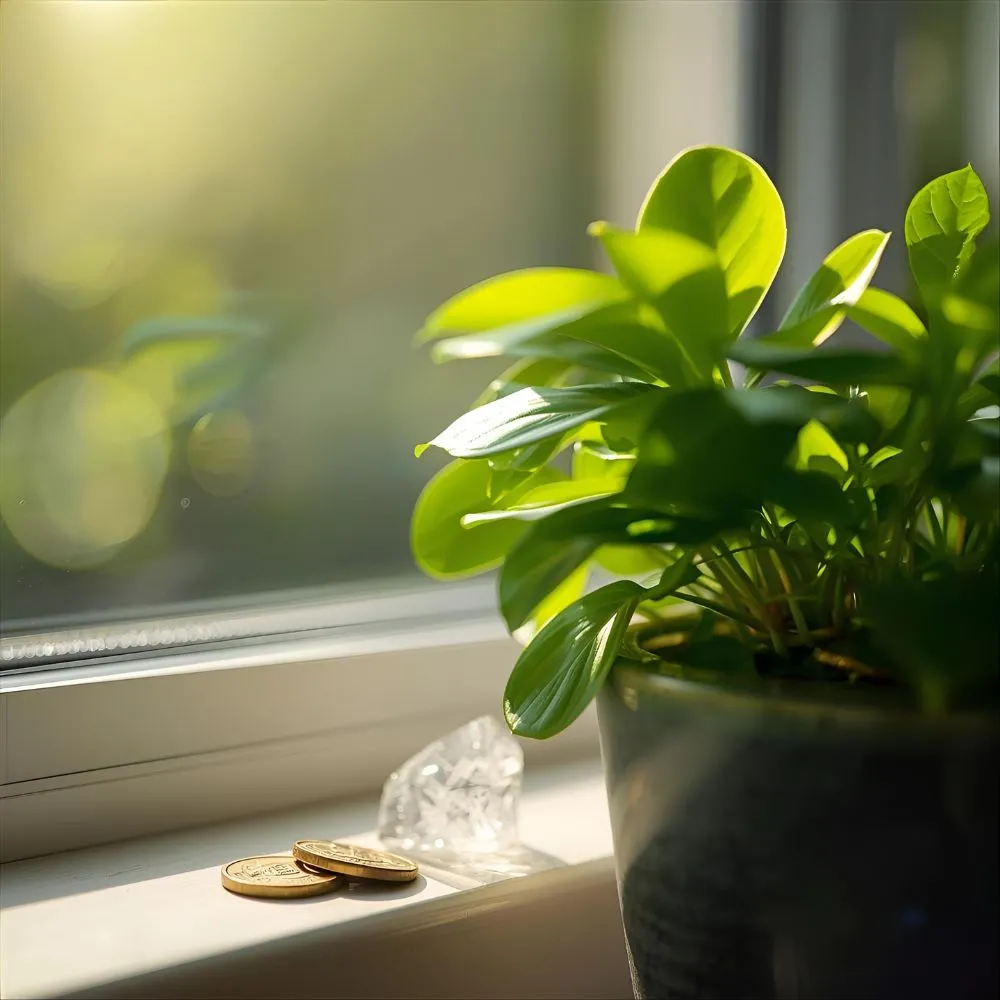
When we say the jade plant represents something, we’re speaking about the emotional vibration it carries into our lives. Think of it as a green reflection of our personal energy.
🌼 1. Prosperity and Abundance
Most famously, the jade plant represents wealth. Its thick, coin-shaped leaves symbolize money and success in Feng Shui. Placing it near your front door, business counter, or workspace is said to invite financial opportunities and growth.
But there’s a deeper truth here:
The jade plant doesn’t just attract material abundance — it teaches us how to build it. Its slow, steady growth reflects the power of consistency and faith. Like the plant, our dreams flourish when nurtured daily, even in small ways.
🌸 2. Friendship and Loyalty
The jade plant also represents enduring friendship. Its long lifespan and hardy nature make it a beautiful gift — one that symbolizes relationships that can survive through changing seasons. Gifting someone a jade plant says: “Our bond is strong, and I wish you endless growth.”
🌻 3. Healing and Balance
Many spiritual practitioners believe the jade plant helps in emotional healing. It absorbs negative energy and emits calm vibrations. Keeping one near your meditation space or bedside is said to encourage peace, self-love, and emotional renewal.
In short, the jade plant represents prosperity, love, and healing — a trinity of blessings every soul seeks.
Jade Plant Symbolism Spirituality
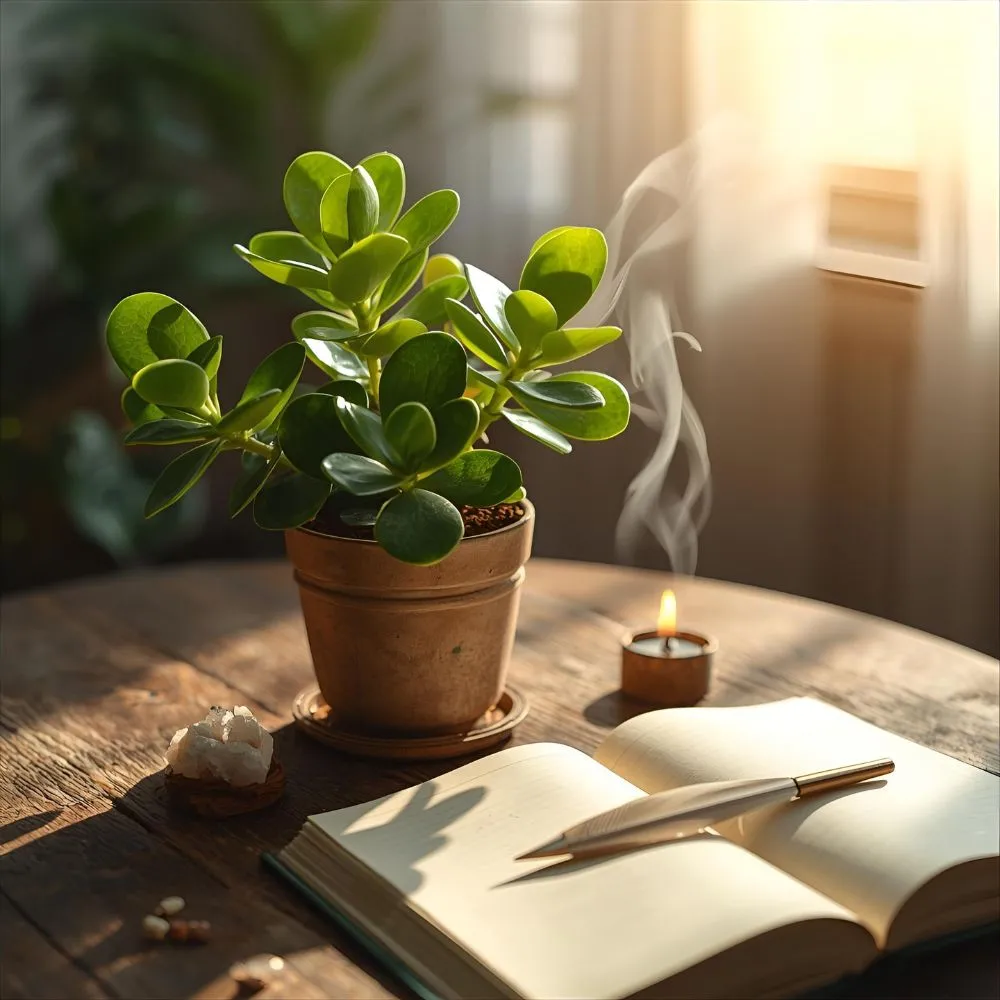
Spiritual Meaning of the Jade Plant
- Represents growth, prosperity, and abundance in spiritual life
- Symbolizes healing energy and emotional balance
- Encourages positive energy in living spaces
Jade Plant in Feng Shui
- Attracts wealth and good fortune when placed in homes
- Enhances harmony and balance in the environment
- Placement tips: near entrance or wealth corner
Healing Properties of Jade Plants
- Boosts emotional healing and reduces stress
- Promotes spiritual awareness and mindfulness
- Connects with energy of nature and grounding
Jade Plant as a Symbol of Luck and Prosperity
- Known as the “money tree” in spiritual practices
- Brings abundance in career, finances, and relationships
- Used in rituals for attracting positivity
Cultural and Historical Significance
- Sacred plant in Asian traditions, especially China
- Used in ceremonies for blessings and protection
- Represents longevity, purity, and renewal
🌼Symbolism of Jade Plant
The symbolism of the jade plant is woven from both ancient wisdom and modern mindfulness. Across different cultures, it carries slightly different yet beautifully aligned meanings:
🌍 In Feng Shui
- The jade plant is known as the “money tree” or “lucky plant.”
- It is believed to attract wealth, success, and positive chi (energy).
- Placing it in the southeast corner of your home or business is said to enhance abundance energy.
💚 In Chinese Culture
Jade, the gemstone, is deeply spiritual — a stone of nobility, virtue, and peace. Because the plant shares the same glossy green color, it is seen as a living form of jade energy — symbolizing purity, endurance, and prosperity.
🌸 In Western Symbolism
In the West, the jade plant has come to symbolize good luck, renewal, and emotional growth. It’s often seen as a plant that brings positive transformation — helping people start fresh or recover from difficult times.
The symbolism of the jade plant reminds us that life’s most valuable treasures — love, stability, peace — must be cultivated from within. Just as its leaves store water to survive dry days, we too must store hope, gratitude, and kindness to thrive through life’s droughts.
🌳Jade Plant Symbolic Meaning
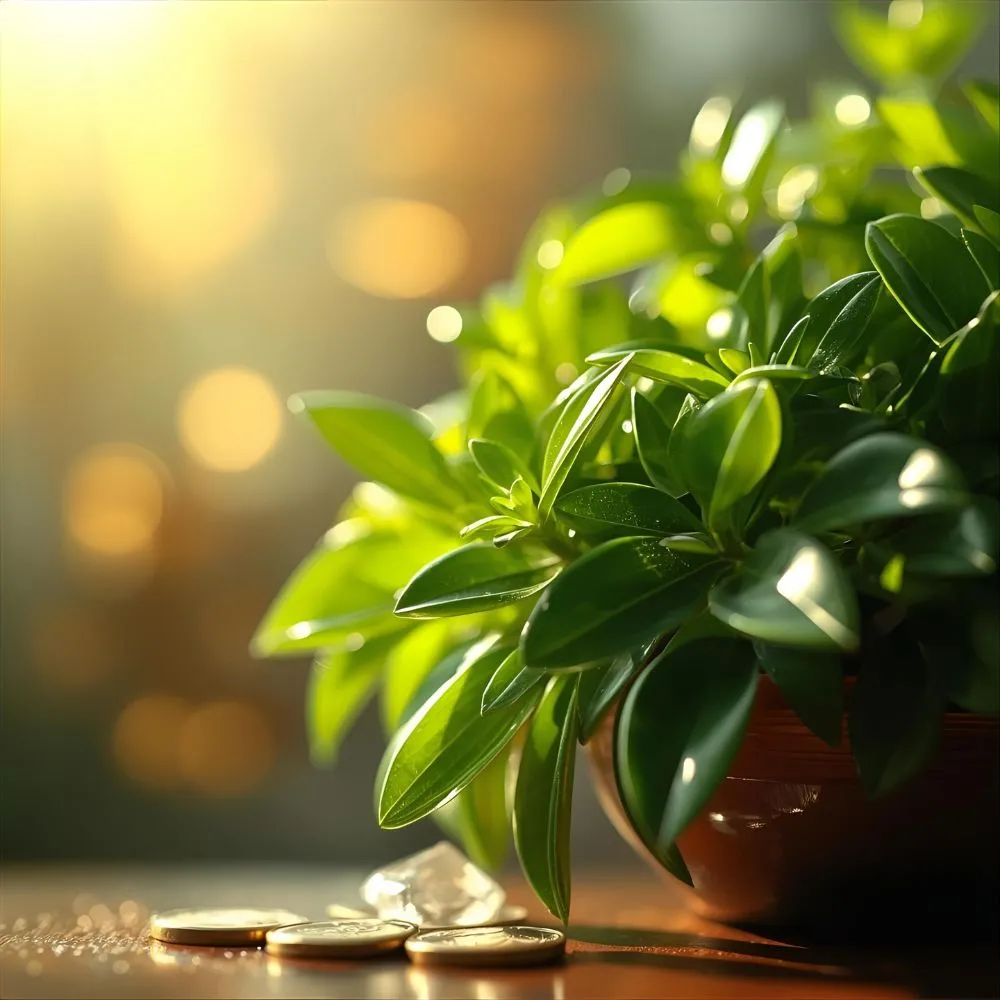
Let’s look even deeper. The jade plant’s symbolic meaning carries a spiritual message about energy exchange and self-worth.
Each leaf is like a tiny vessel of life energy. It absorbs light and gives back oxygen — a perfect balance of giving and receiving. Spiritually, that’s what abundance really is: not hoarding wealth, but creating a healthy flow of gratitude and generosity.
💫 The Lesson of Growth
The jade plant grows slowly — teaching us patience. You can’t rush it; it will sprout when it’s ready. Spiritually, it mirrors our own journey — progress may be slow, but it’s steady and real.
🌤️ The Lesson of Balance
It thrives with just the right mix of sun and shade, showing that life’s success needs balance. Too much “light” (work, ambition) or too much “shade” (comfort, rest) can harm growth.
🌺 The Lesson of Faith
Even when neglected, many jade plants find a way to survive. They symbolize faith and quiet resilience — a belief that no matter how dry life feels, your roots can still reach the light again.
The jade plant symbolic meaning reminds us that prosperity isn’t just about having more; it’s about being more — more grounded, more grateful, more giving.
🌲 Jade Tree Symbolism
When a jade plant grows tall and tree-like, it’s often called a jade tree — and its symbolism becomes even more powerful.
🌳 A Symbol of Legacy and Strength
A mature jade tree represents longevity, family roots, and stability. Just as trees hold the earth together, a jade tree symbolizes a life that is deeply rooted in faith and kindness.
Families who keep a jade tree often pass it down generations — as a living heirloom of good fortune and resilience.
🌞 A Symbol of Prosperous Energy
In spiritual and energy healing circles, the jade tree symbolism connects to the heart chakra — the center of love, balance, and compassion. Its green hue radiates a calm, healing energy that harmonizes relationships and emotions.
Keeping one in your home not only attracts positive financial flow, but also helps maintain emotional and spiritual harmony — creating a sacred space where abundance naturally grows.
🌼Real-Life Scenarios:
🌿 Scenario 1: The Struggling Artist
A painter once kept a tiny jade plant on her windowsill. Every time she felt lost, she’d water it. Over months, it grew strong and full — mirroring her own journey. Soon, her art career blossomed too. She later said, “My jade plant reminded me that slow growth is still growth.”
🌱 Scenario 2: The Friendship Gift
A woman gifted her best friend a jade plant when they moved to different cities. Years later, whenever they visited each other, both plants had grown — just like their friendship. It became a living symbol of love and loyalty that distance couldn’t break.
🌸 Scenario 3: The Family Heirloom
A family in China passed down a jade tree for generations. Every time a child was born, a new cutting was planted. For them, it symbolized continuity, protection, and family strength — a tradition of living blessings.
🌼FAQs:
1. What does the jade plant symbolize spiritually?
The jade plant symbolizes prosperity, emotional balance, and renewal. Spiritually, it teaches patience, faith, and gratitude for slow growth.
2. Is the jade plant good luck?
Yes. In Feng Shui, it’s considered a lucky plant that attracts wealth and positive energy, especially when placed in the southeast corner of your home.
3. What does it mean if your jade plant is thriving?
A thriving jade plant often reflects harmony and abundance in your environment. It’s believed your energy and space are aligned for growth.
4. What if my jade plant starts dying?
Spiritually, this may signal imbalance or neglect — either in your personal energy or environment. It’s a reminder to nurture yourself and restore harmony.
5. Can I gift someone a jade plant?
Absolutely. Gifting a jade plant symbolizes good luck, friendship, and long-lasting bonds. It’s a heartfelt way to wish someone growth and success.
🌿Conclusion:
As you read this, maybe there’s a jade plant sitting quietly nearby — its leaves glistening like little coins, soaking in light, breathing life into your space.
Remember: the jade plant’s symbolism isn’t just about wealth. It’s about growth, patience, and the beauty of small beginnings. Every new leaf is a whisper from nature, reminding you that prosperity starts from within — one drop of love, one act of gratitude, one seed of faith at a time.
Let this humble green guardian remind you:
✨ You are already growing, even when it feels slow.
✨ You are already abundant, even when you can’t see it yet.
And like the jade plant, may your spirit keep reaching toward the light — gently, patiently, beautifully. 🌿

Joan Didion is a passionate writer at DreamMaening.com, exploring the hidden meanings behind dreams, symbols, and life’s mysteries with clarity and insight.


